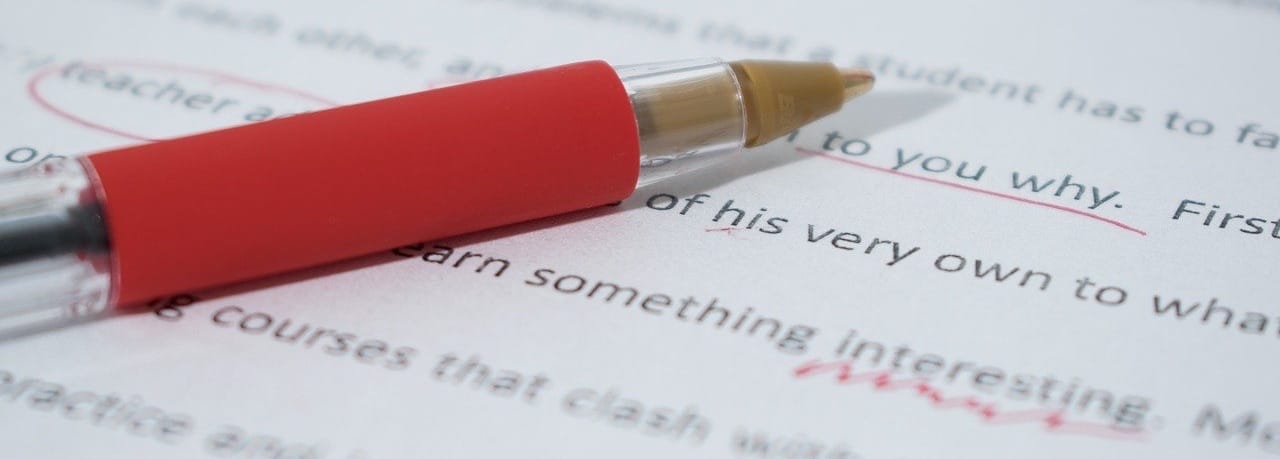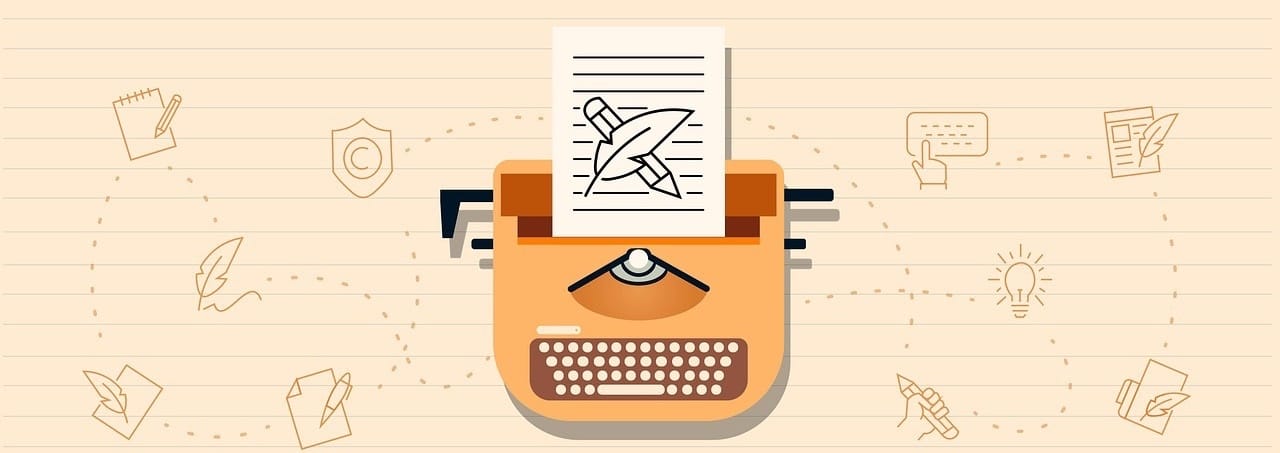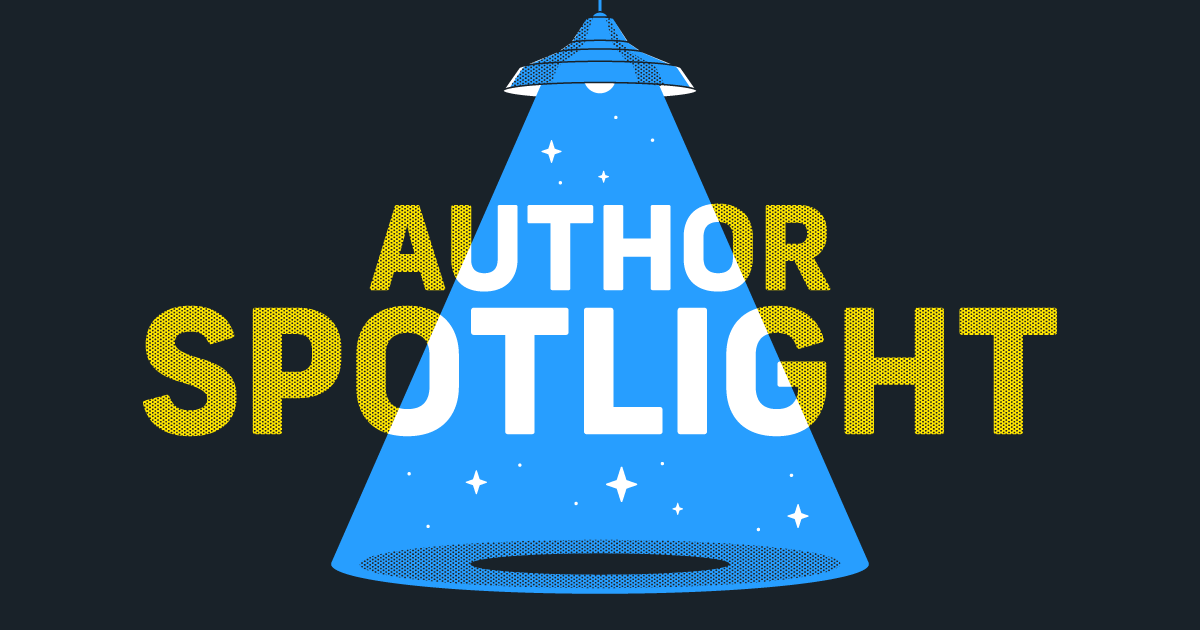Don’t Sweat it, Edit!
There are two things I always suggest to authors looking for self-publishing advice. The first is to hire a cover designer, and the second is to hire a professional editor. The reason these are the first two things that always come to mind is simply because since working at Lulu, I’ve seen so many wonderful books get written off (pun intended). After all, the cover was phoned in or the spelling and grammatical errors are too numerous to ignore.
Hiring a cover designer is straightforward enough, and we’ve created loads of content around achieving cover design success and even how to use your book cover as a marketing tool. The second tip, however, can be a bit more nuanced.
Editing!
Editing is essential to any successfully published book, whether it be traditionally or independently published. There is nothing that can take you out of a story or destroy credibility faster than misspelled words and grammatical errors. Hiring the right editors and employing the right editing styles for your project is paramount to reaching any level of success with your book.
Okay, so I think I got the point across. Edit your manuscript. Simple, right?
Well, in theory, yes. But in real life, maybe not. There are several different things to consider when making your foray into editing. For starters, what type of editing do you need? How many are even out there? Can’t your mom just do it? These are all great questions and we’re going to dive in to help you answer all of them.
There are three main types of editing that you will come across in your search. Those are developmental, copy, and line editing. These will be the focus of this article but just in case that doesn’t satiate your appetite for editing, I threw in a bonus round at the end. Let’s get started!
Developmental Editing
First up – developmental editing!
Developmental editors work to improve the structure, content, and focus of your book. Developmental editing is also where problems of inconsistent tone or unclear target audience surface. A developmental editor is going to look at the big picture of your book and see if all the pieces make sense. It’s important to note that this process will look different for works of fiction vs non-fiction. For fiction, this step will include evaluating character development, plot, and pacing. For non-fiction, the focus will be on the organization of content and if the message is clear and engaging throughout the manuscript.
Developmental editing is usually the first on the list in the editing process because it will help you cut out or revise any big issues with the manuscript. No point in formatting or grammar correcting a section that’s just going to end up on the cutting room floor, right?
Line Editing
Moving right along, next on our list is line editing! As the name suggests, line editors work line-by-line, tightening up sentence structure so the language is sharp and clear. Line editing ensures that the sentences in your manuscript are as effective as possible.

Line editors are attentive to your individual style as an author and approach your manuscript as a careful reader. They look closely at how your word choice and syntax contribute to the tone or emotion of your writing. Finally, a line editor is concerned with the overall pacing and logical flow of your manuscript.
Copy Editing
Up next is copy editing. And while this one might sound similar to line editing, there are some important differences to be aware of. Line editing takes into account your style as a writer. Copy editing is the heartless monster indiscriminately slashing through all of the spelling, punctuation, and grammar mistakes in your manuscript.

A copy editor will also look at basic fact-checking, usage, and style inconsistencies. They want to make sure every element of your story is consistent, cohesive, and complete.
Depending on your budget, timeline, and goals, you can choose to employ one or all three of these editing styles for your manuscript. If you’re on a limited budget or interested in choosing just one editing style, I would recommend copy editing to start.
Proofreading
I promised a bonus round, didn’t I? While not technically labeled as editing, proofreading can play a valuable role in perfecting your manuscript. Proofreaders are individuals endowed with the power to find mistakes, often in places others have missed. After you have gone through all of the other editing steps, it’s time to put the final draft to the test with a proofreader. This person is the last stop before your book hits the press and will weed out any leftover spelling issues, grammatical errors, or inconsistencies in the story.
Personalizing the Process
As with everything else in publishing, there is no one-size-fits-all when it comes to editing a manuscript. Be sure to do your research and get really clear on your goals for the project before moving forward with hiring an editor. A good tip for when it comes time to find the right editor (or editors) for your manuscript is to draft a brief for your project outlining your expectations, timeline, and budget so you can ensure your conversations are as productive as possible.




